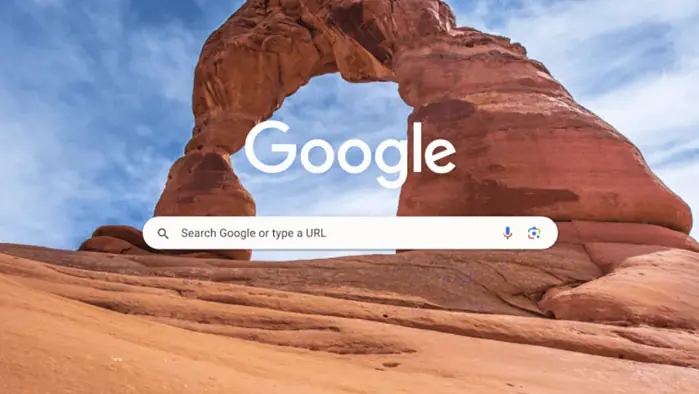Google's decision to keep its support for third-party cookies on Chrome could soon backfire
It may not be as effective as initially planned.
2 min. read
Published on
Read our disclosure page to find out how can you help MSPoweruser sustain the editorial team Read more
Key notes
- Google is not phasing out third-party cookies on Chrome anymore, now opting for a user preference prompt instead.
- Major browsers like Safari and Firefox continue to block third-party cookies by default.
- Google’s new approach allows users to control cookie tracking but may not be as effective as initially planned.

Years ago, Google promised that it would phase out third-party cookies on Chrome. The initiative, called Privacy Sandbox, seeks to replace the long-running practice of third-party cookies with privacy-focused technologies for online advertising.
That honestly does sound promising, but now, the tech giant decided to keep them and introduce a user preference prompt instead.
Google’s decision to retain third-party cookies in its Chrome browser, contrary to previous plans to phase them out. The controversial move may soon backfire, especially as major browsers Apple’s Safari and Mozilla’s Firefox, continue to block third-party cookies by default.
“Instead of deprecating third-party cookies, we would introduce a new experience in Chrome that lets people make an informed choice that applies across their web browsing, and they’d be able to adjust that choice at any time,” says the company in an official blog post.
This change comes after extensive testing and criticism from various stakeholders. The new approach will let users decide if they want to allow tracking cookies, which might still reduce their use, but not as drastically as initially planned.
Earlier this year, Google Chrome already began testing the new Tracking Protection feature on 1% of users, which restricts third party cookies. It’s part of the Privacy Sandbox initiative to eliminate such use by mid-2024.
Apple, Google’s top rival in the web browser market, also targeted Google Chrome’s privacy issues in its recent Safari ads. The campaign uses the tagline “A browser that’s actually private” and highlights Safari’s Private Browsing 2.0, which features advanced tracking protection and encrypted DNS.








User forum
0 messages